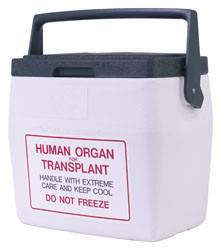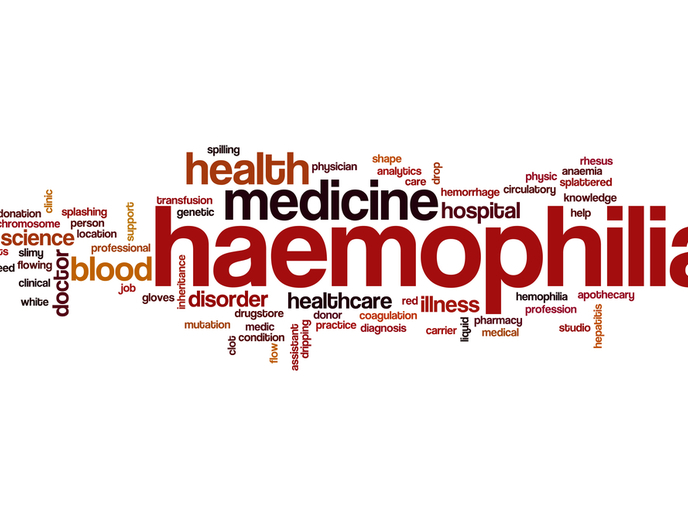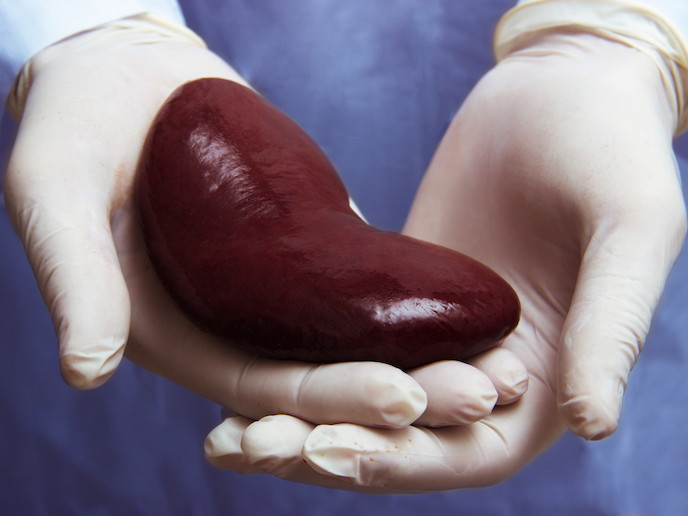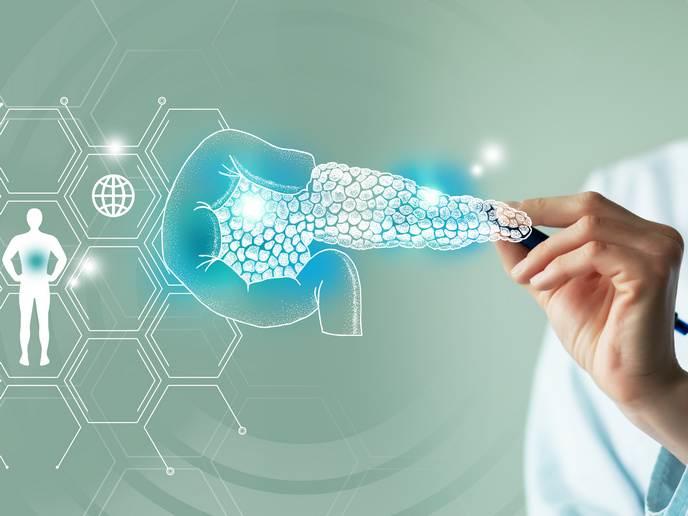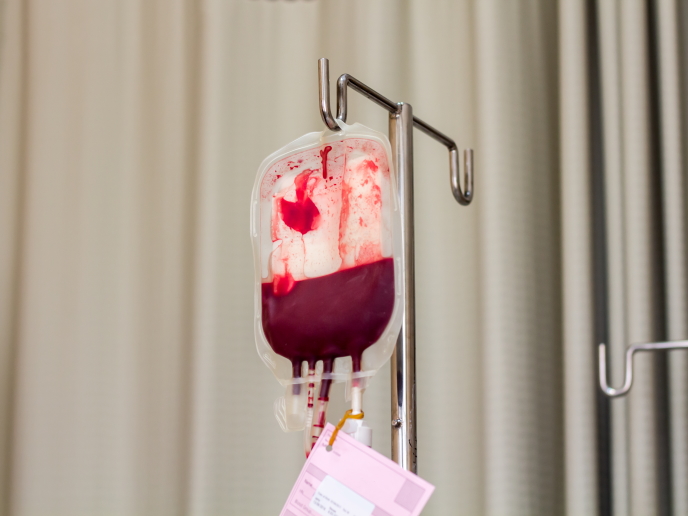Optimising organs for transplantation
Suboptimal organs have near-normal function but progressive injury usually occurs during retrieval, storage and transplantation. This is mostly due to lack of nutrients and oxygen in the preservation environment. Moreover, such organs are more susceptible to preservation injury as the donors are usually older patients with other co-morbidities such as diabetes and hypertension. Techniques like normothermic liver machine perfusion (NMP), hypothermic kidney machine perfusion and novel additives for preservation solutions show promise for improving organ preservation. The EU-funded 'Consortium for Organ Preservation in Europe' (COPE)(opens in new window) project will test, validate and promote these novel organ preservation techniques to increase availability of viable organs for transplant. The COPE consortium is the official organ preservation task force of the European Society for Organ Transplantation (ESOT). They will carry out three clinical trials and additional experimental studies to test kidney and liver preservation techniques and develop optimal protocols. Significant milestones have already been achieved. The necessary set-up for managing and running clinical trials has been put into place and ethical approvals obtained at most of the trial sites. The clinical trial protocols were finalised, and online and offline databases as well as centralised biospecimen collection protocols were established for each trial. Logistics regarding transportation, organ retrieval, and machines and consumables were also attended to. For instance, the OrganOx metra device required for NMP has been installed in ambulances in the United Kingdom. All COPE clinical trials have now begun. Scientists are assessing the efficacy of cell-free perfusion media in liver and kidney transplantation as well as ex vivo metabolic reconditioning of organs. They are also evaluating the pros and cons of optimisation of pre-implantation conditioning of organs and the effects of different temperature settings on perfusion. Project outcomes should help reveal the feasibility of these innovative machine perfusion technologies and cell-free oxygen carrying systems for improving organ preservation. Positive trial results will increase availability of good-quality organs for transplant and improve outcomes for patients on the transplant waiting list.



